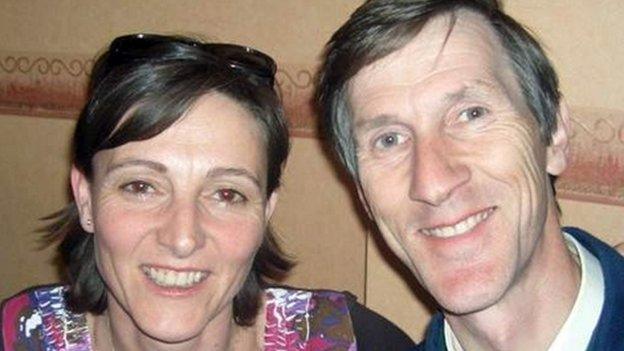MH17 crash: Parents of Liam Sweeney 'angry and frustrated'
- Published
Relatives of the British victims of the crash met David Cameron on Tuesday afternoon
The parents of British MH17 crash victim Liam Sweeney have said they are "angry and frustrated" at not knowing what has happened to his body.
Barry and Angela Sweeney were among victims' relatives who met PM David Cameron in Downing Street earlier.
Pro-Russian rebels have been blamed for shooting down the Malaysia Airlines plane in eastern Ukraine on 17 July.
Speaking after the meeting, Mr Cameron said it would "take time" before British victims could be buried.
All 298 passengers, including 10 Britons, were killed when the Malaysian plane, en route from Amsterdam to Kuala Lumpur, crashed.
'Get bodies home'
The crash site has yet to be fully investigated because of heavy fighting in the area between Ukrainian government forces and rebels, and some bodies have still not been recovered.
Officials say the exact number of bodies collected so far, and taken to the Netherlands, will be known only when forensic experts there have completed their examinations.
There are 15 British police officers working in the Netherlands as part of a 200-strong team trying to identify and repatriate the victims, Downing Street said.
Mr Sweeney said: "It would be nice if they could just stop fighting [in Ukraine] for a little bit so that we could get all our boys and girls home."
Barry and Angela Sweeney said the wait for their son Liam's body had been difficult
After the private meeting, Mr Cameron told BBC's North West Tonight: "I thought it was important for the families to be able to see me and ask questions and make points to me, and to meet some of the experts to explain what's happening in terms of victim identification and also around the crash site, everything we are doing to have a proper investigation.
"But it's a deeply awful, harrowing and dreadful incident that's taken place."
He said he had not seen data from the black box flight recorder but that the intelligence still suggested the plane was brought down by pro-Russian separatists using a Russian-supplied missile.
The data has now been passed to Dutch investigators and preliminary findings are due to be published next week.
Mr Cameron added: "The real need is for the Russians to come forward because I suspect they have the information about what it was and what it wasn't, and they should come out and share that, and that would give a clearer picture, but we're pretty clear about what happened."
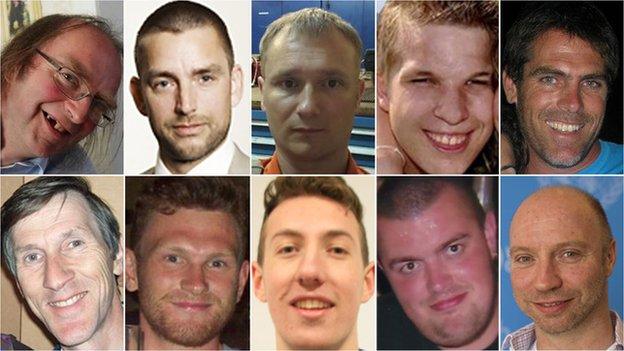
British victims (clockwise from top left): John Alder, John Allen, Stephen Anderson, Robert Ayley, Cameron Dalziel, Glenn Thomas, Liam Sweeney, Ben Pocock, Richard Mayne and Andrew Hoare
Mr and Mrs Sweeney were among seven families of British victims on the downed flight who attended an hour-long meeting with Mr Cameron.
BBC political correspondent Norman Smith said the meeting was held in the State Room upstairs in Downing Street, which is "a slightly less formal environment than the Cabinet rooms or an office environment".
Some of the families arrived through the front door, accompanied by Foreign Office officials, while others chose to use side entrances to avoid the media outside.
Mr Sweeney said: "I've got to say Mr Cameron was very humble. He answered every question that was asked of him. He brought a few experts in to talk about crash sites and how the airplane might have come down.
"We basically asked Mr Cameron just to help. The talking I suppose has got to stop and the doing has got to be done."
'Waiting is worst'
Mr Sweeney also said the family did not know if their son's body remained at the crash site in Ukraine.
"It's very difficult but unfortunately we are going to have to wait to find out," he added.
Mrs Sweeney spoke of her struggle to cope with the lack of information.
"It's just the waiting is the worst bit," she said.
The Victim Support charity said it was offering practical and emotional support to "a number" of the British families who lost relatives in the crash. The families had been referred to the charity by the Foreign Office, it said.
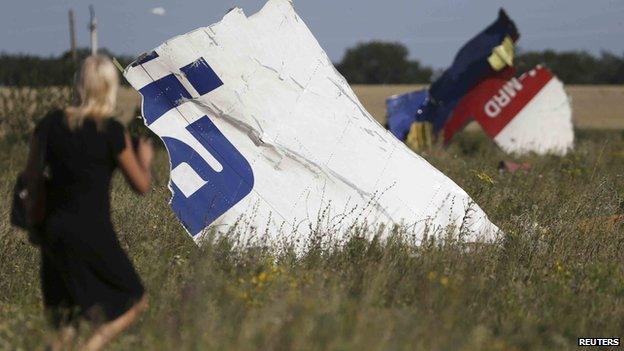
A Downing Street spokesman said the crash was a "defining moment" for relations with Russia
Western nations have said there is growing evidence that the plane was hit by a missile fired by rebels.
Russia has denied supplying heavy weapons to the rebels, with both the Kremlin and the rebels blaming Ukrainian government forces for the crash.
The EU adopted new economic sanctions against Russia on Tuesday.
EU sources say the sanctions target the oil sector, defence equipment and sensitive technologies.
The aim is to increase the cost to Russia of its continued support for pro-Moscow rebels in eastern Ukraine.
A government spokesperson said the UK pushed for "hard-hitting" sanctions against Moscow, saying the crash was a "defining moment".
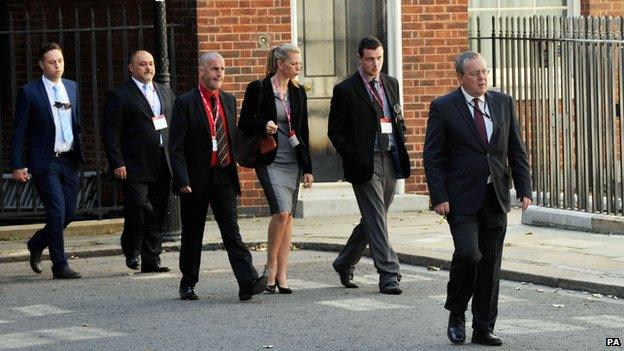
Some of the families arrived through the front door at Downing Street, but others chose side entrances
Earlier on Tuesday, Mr Cameron chaired a meeting of the government's Cobra emergency committee, at which he spoke of the need for a "strong international response to Russia's ongoing efforts to destabilise Ukraine" and warned there would be "further tough measures if Russia does not change course".
De-escalate
Downing Street said the priority remained securing access to the crash site so bodies and victims' possessions could be recovered and to allow air accident investigators to examine the wreckage.
It said: "We are extremely concerned by the continued fighting in the area and call on the pro-Russian separatists to cease their armed activity in the area and on the Ukrainian government to do all they can to facilitate safe access for the Dutch and Australian-led mission.
"Both sides need to recognise that for those who lost loved ones, it is extremely important that international experts are able to access the site."
Downing Street added that Moscow had failed to take the necessary steps to de-escalate the conflict.
On Monday, the UK said it would send 1,350 military personnel to Poland for exercises to support Nato allies in Eastern Europe and the Baltic states.
- Published30 July 2014
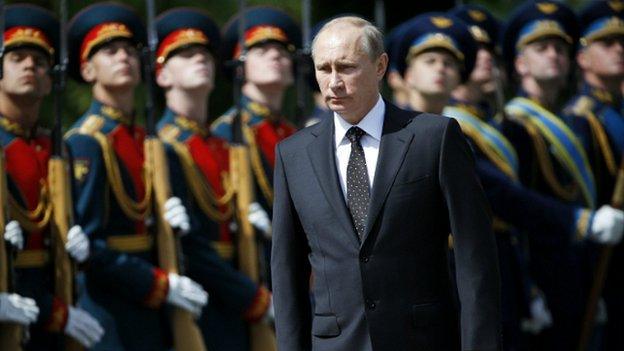
- Published29 July 2014
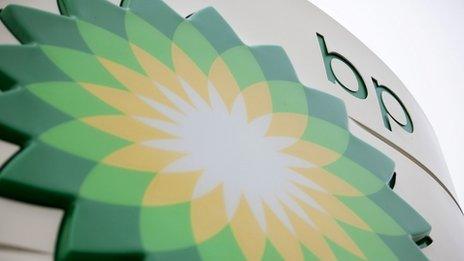
- Published22 July 2014
